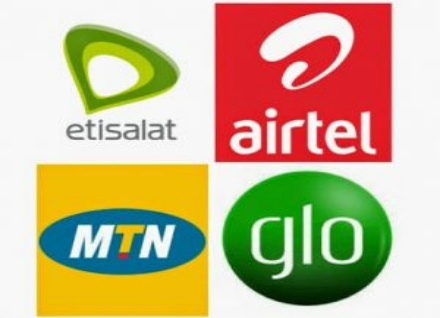Telcos Face Potential Tariff Changes as Energy Costs Soar to N38 Billion
TECHDIGEST – The telecommunications landscape is bracing for possible adjustments in service costs due to mounting energy expenses.
The cost of fueling communication networks is projected to surge to N38 billion in August, prompted by a spike in diesel prices to N950 per liter.
Recent reports from oil marketers indicate that the cost of Automotive Gas Oil (diesel) will escalate to a range of N900 to N950 due to ongoing foreign exchange challenges and the recent imposition of a 7.5 percent Value Added Tax (VAT) on the commodity.
Before the introduction of VAT on diesel, it was sold at N650 per liter, according to the Natural Oil and Gas Suppliers Association of Nigeria.
Benneth Korie, President of NOGASA, voiced concerns over the diesel price surge, stating, “Diesel prices are now approaching N900 to N950 per liter, depending on the source.
This increase is attributed to the scarcity of dollars. It’s imperative for authorities to address this issue, as it poses potential negative impacts.
READ ALSO:Somalia Bans TikTok, Telegram
“The telecom industry, reliant on numerous base stations, is a significant diesel consumer in the nation, utilizing approximately 40 million liters per month to power its communication sites.
“At the close of 2022, the Nigerian Communications Commission reported 127,294 base stations across Nigeria. Industry experts reveal that each station operates two diesel-powered generators.
Read Also:
“The diesel price rise to N900–N950 per liter implies that operational expenses for operators will surge to between N36 billion and N38 billion monthly, which may influence telecom service costs.”
Operators have repeatedly expressed concerns about diesel’s high cost affecting their services.In the recent ‘State of the Industry’ report, the Nigerian Communications Commission unveiled a 21.64 percent surge in telecom operators’ operational costs in 2022, reaching N2.09 trillion from N1.72 trillion in 2021.
In 2022, the Association of Licensed Telecommunications Operators of Nigeria requested a tariff increase from the NCC due to a 40 percent rise in business expenses. Energy costs played a pivotal role, contributing to a 35 percent growth in operating expenses.
By April 2023, Gbolahan Awonuga, Head of Operations at ÀLTON, affirmed that the rising diesel expenses were affecting telecom operations.
He emphasized, “Power is a critical factor that influences every aspect. While other economic factors have driven up costs, telecom tariffs remain unchanged.
“This creates challenges as revenue drops and input prices shift, yet tariffs remain static.
“Telecom experts continue to voice concerns that soaring input costs jeopardize the sector’s sustainability.”
Gbenga Adebayo, President of ALTON, explained, “To ensure the viability of our industry, prices must reflect production costs. It’s logical that we revise rates after consulting stakeholders, considering the current input costs.”
Adebayo emphasized the link between input cost fluctuations and price adjustments, underscoring the need for sustainable pricing in line with production realities.
He noted that regulators are being kept informed of essential details to facilitate informed decisions.




















